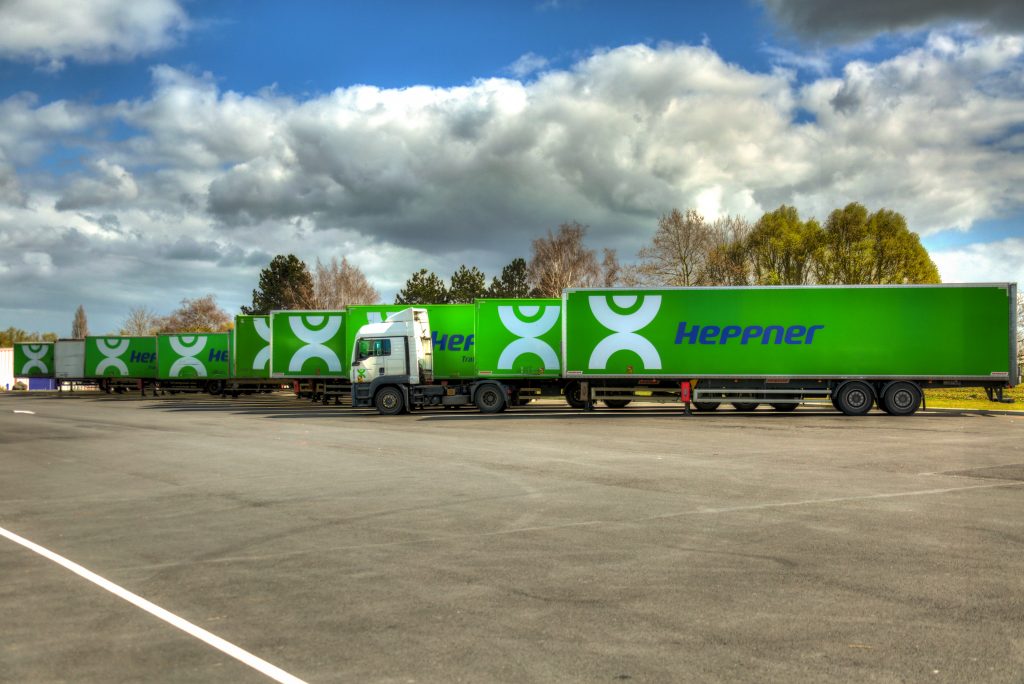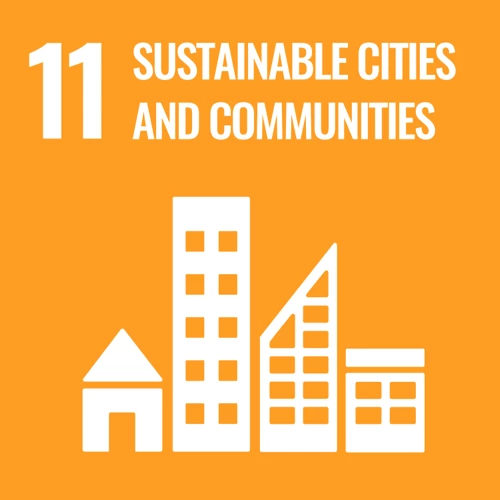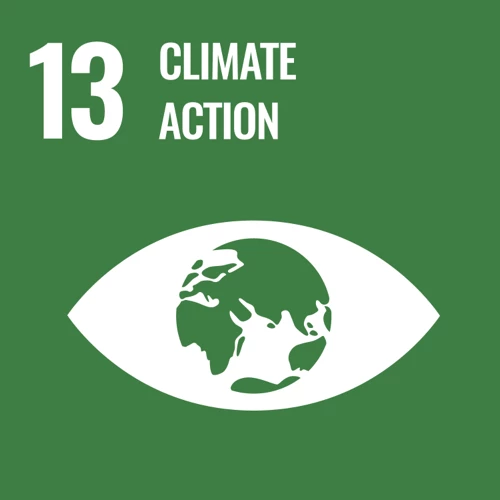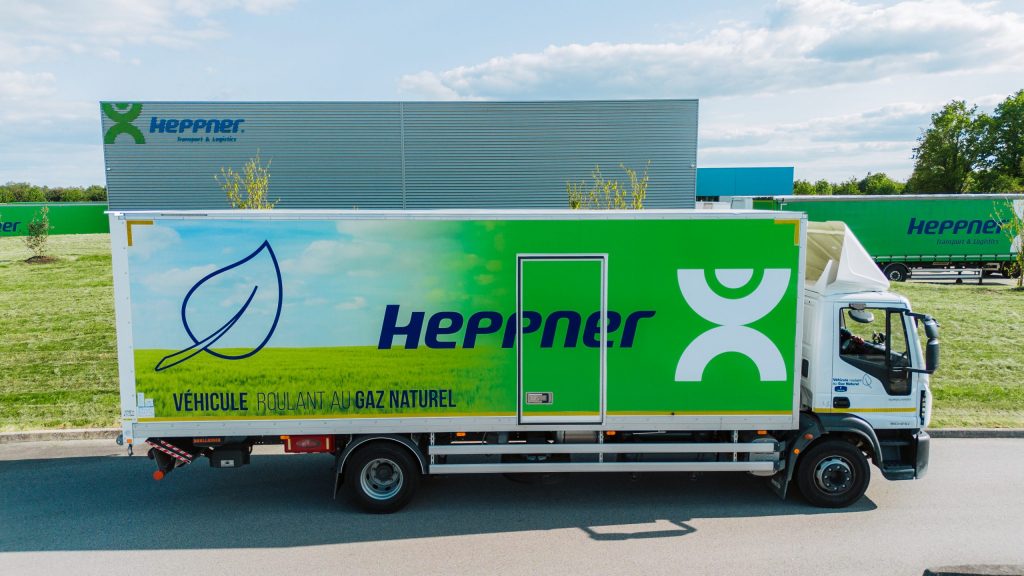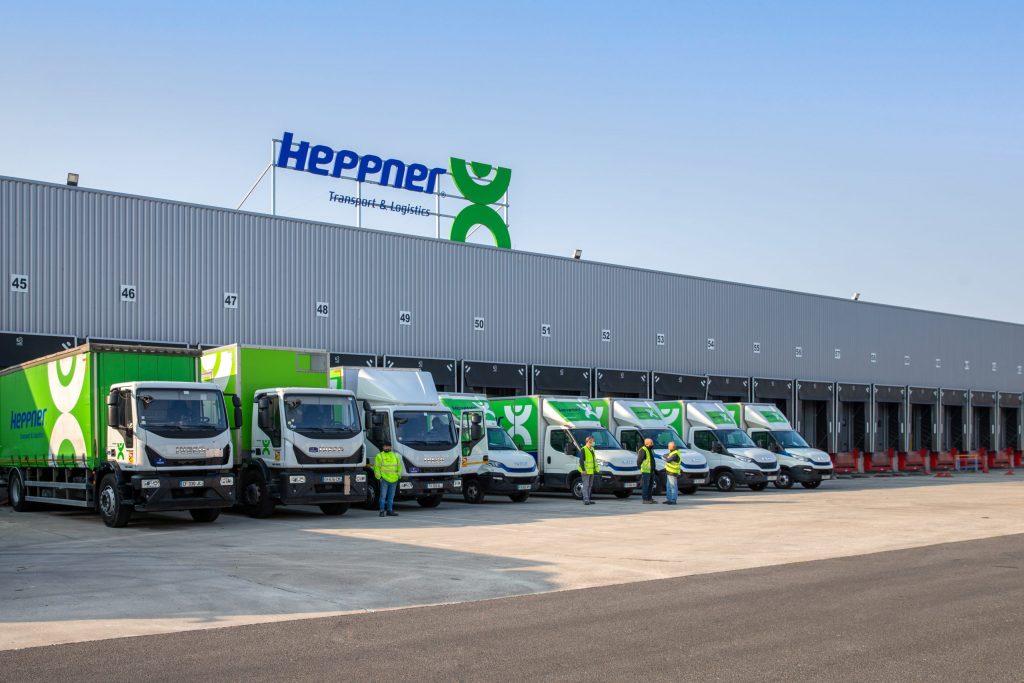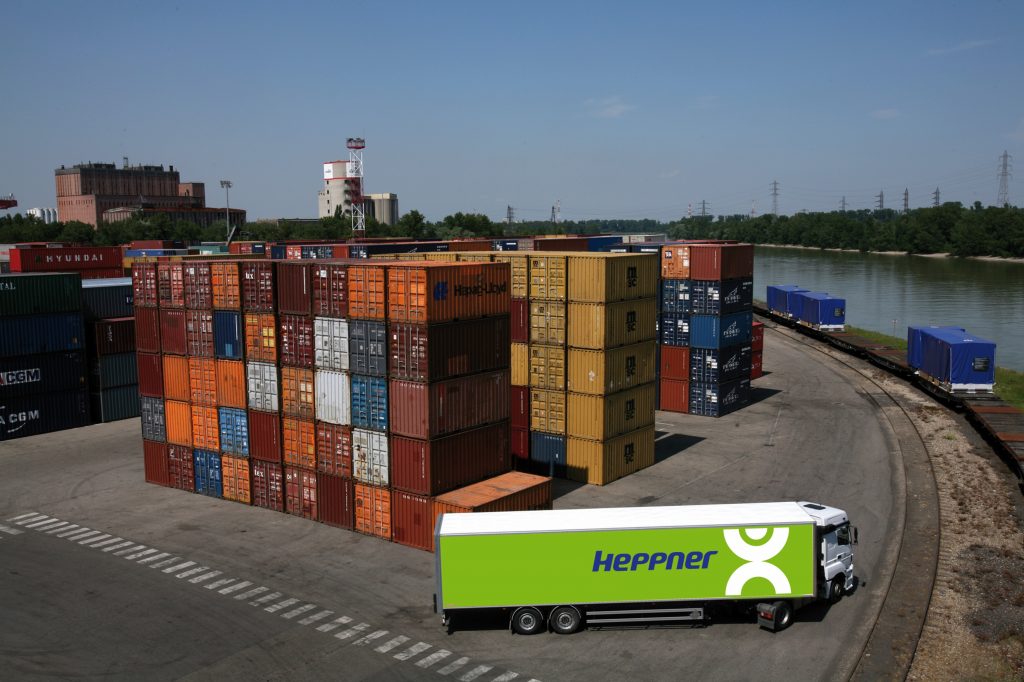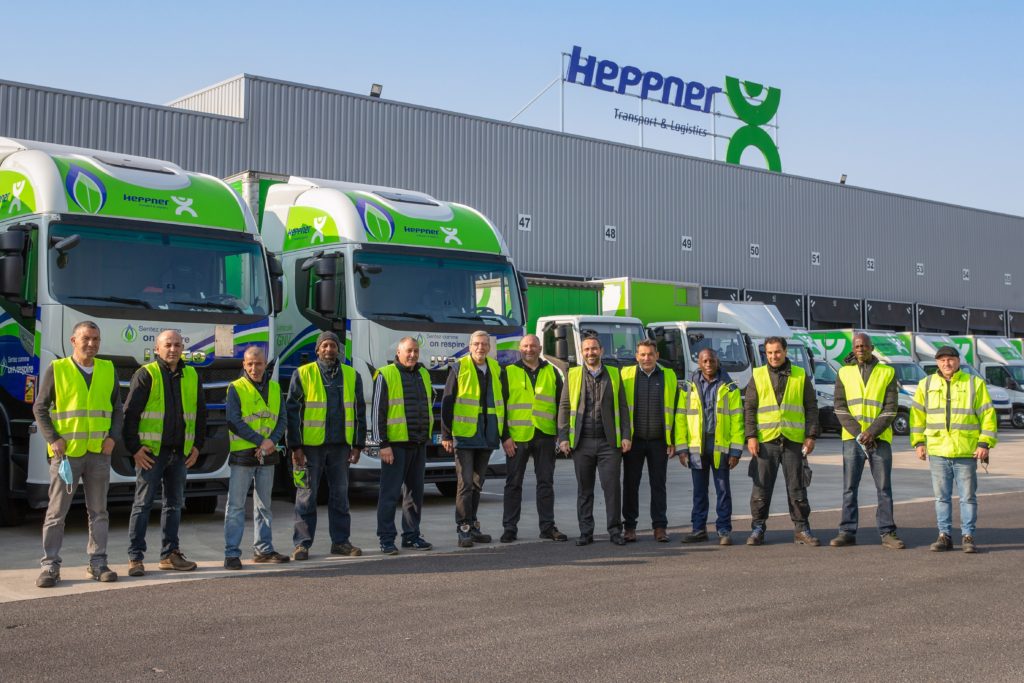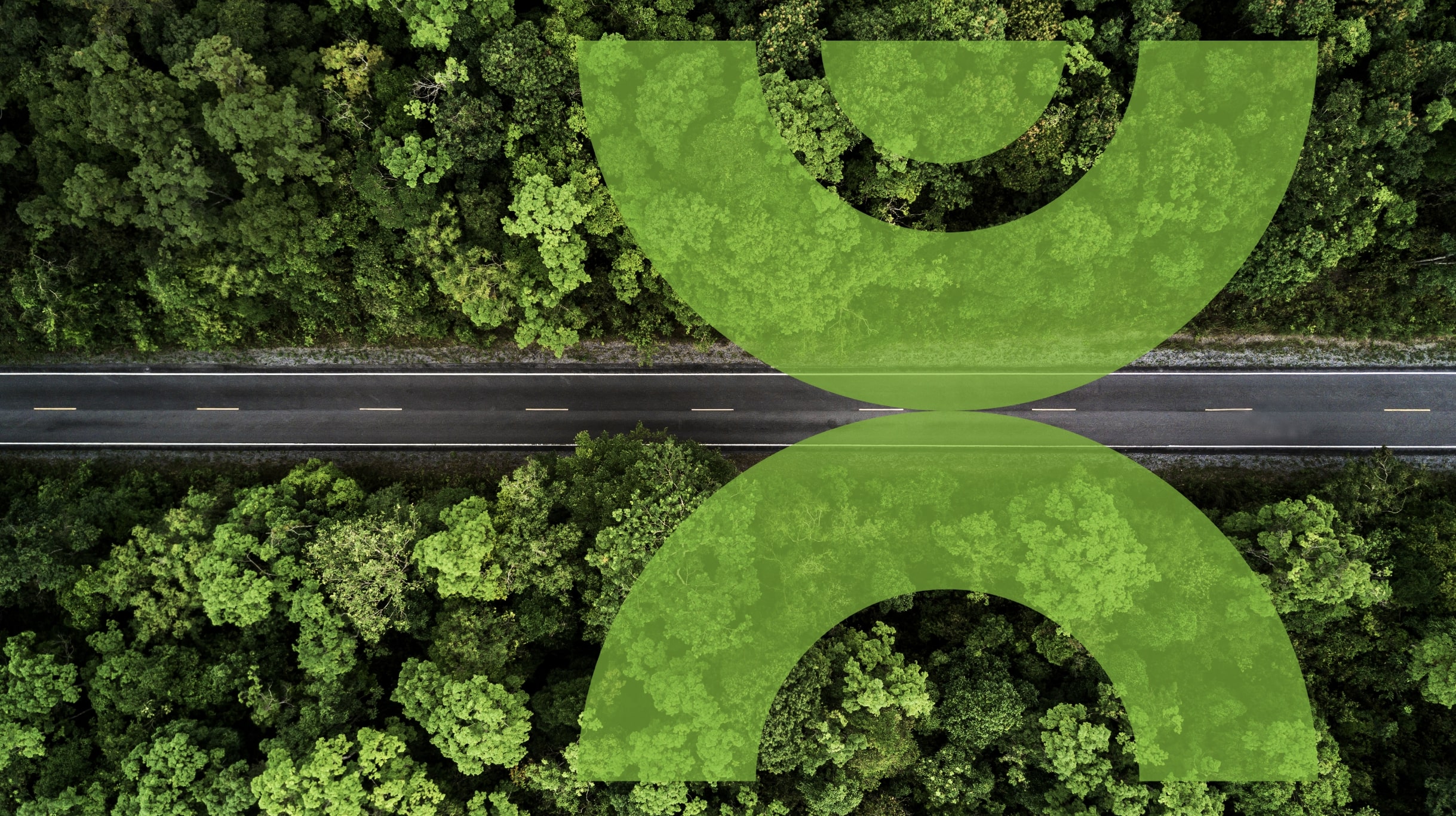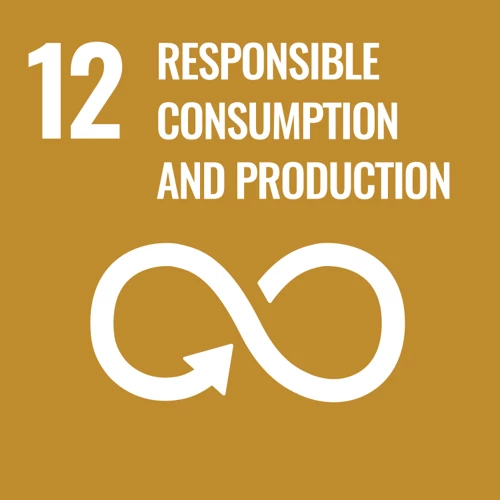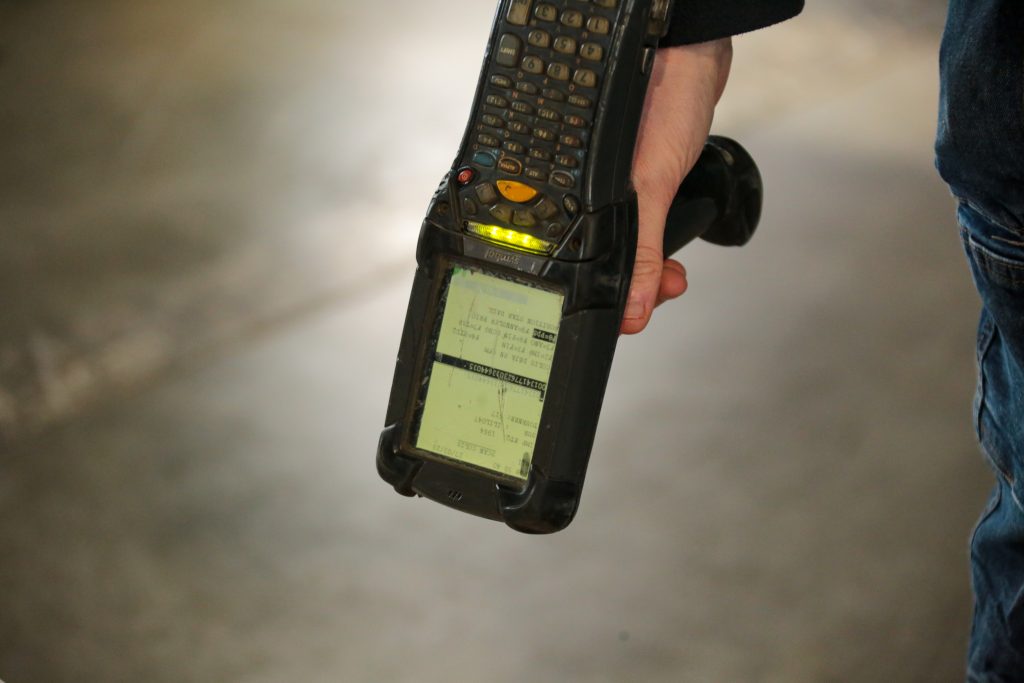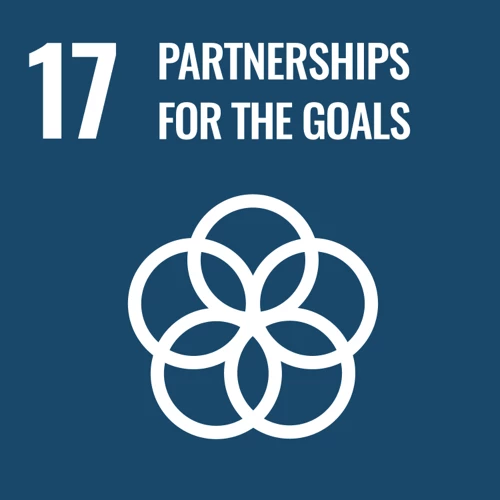The Energy Transition Pact: a system that continues to evolve
Concluded between the Group and its participating subcontractors, this 5-year partnership helps small and medium-sized companies in the transport sector to convert their fleets to low emission. In an ongoing dialogue with the Group’s branches and subsidiaries, the Energy Transition Department detects all solutions or opportunities to support subcontractors in their evolution towards transport systems with lower GHG emissions.
What the Pact has offered from the beginning:
- Increased awareness of the energy transition in goods transport
- Negotiated prices for buying new vehicles and NGV fuel
- Support in the financing process with partner banks
- Tracking and information on government-financed support available locally
And what’s new:
In 2023, in order to make solutions more accessible to accelerate our subcontractors’ energy transition, the following services have been added:
- Negotiated prices for supplying B100 biodiesel, with a preferred supplier
- Negotiated conditions for the rental of second-hand gas, electric and Euro 6 vehicles
Simon du Rouchet, Managing Director, Epilog
“A small, young Lyon-based company specialised in cycle logistics, Epilog seeks to respond to the new constraints affecting goods transport companies delivering to city centres.
When we launched our business, Heppner was our first partner, and it’s been a successful and mutually satisfying partnership ever since. Today, we make most of our deliveries by bicycle, and we have also benefited from their framework contract with Engie to refuel our NGV vehicle.
This shared trust has shaped the start of a wonderful collaboration that we hope to develop and perpetuate over the coming years.”
Decision support tools
“EcoTransit” software enables full calculations for all links of the transport chain (energy consumption, GHG emissions, air pollutants). In line with current standards, this solution was made available to the Group’s customers in the first half of 2022 and highlights the value of the alternative, lower-emission fleets that the Group is deploying.

